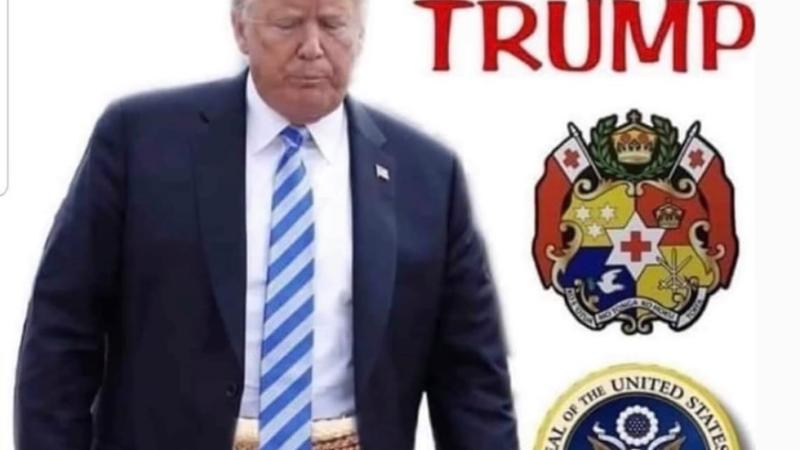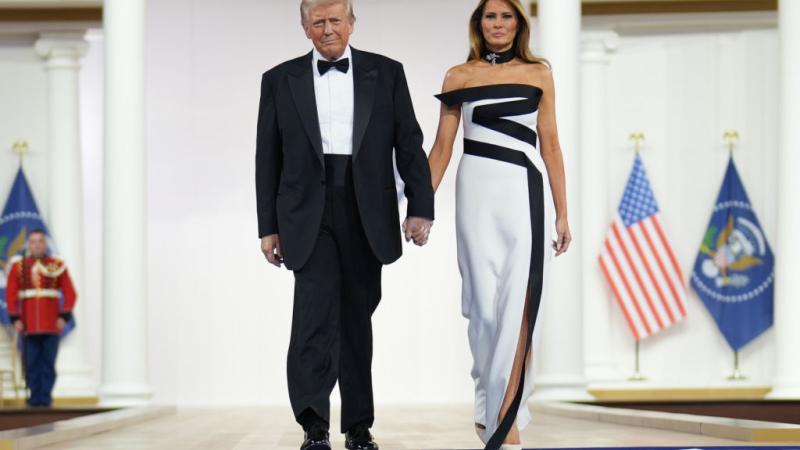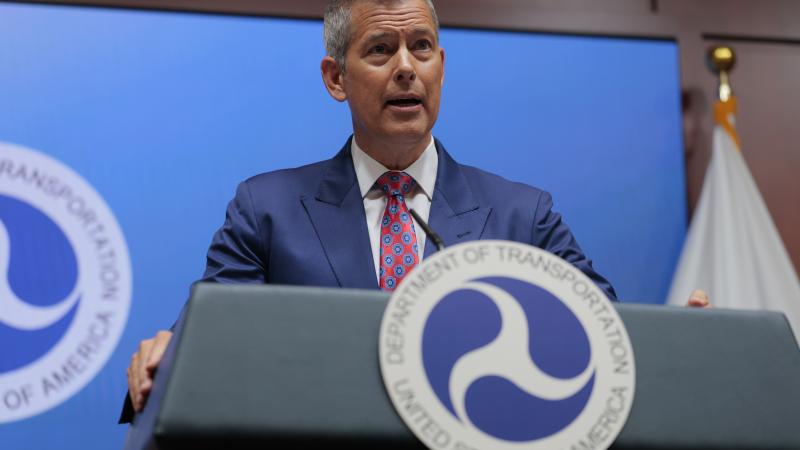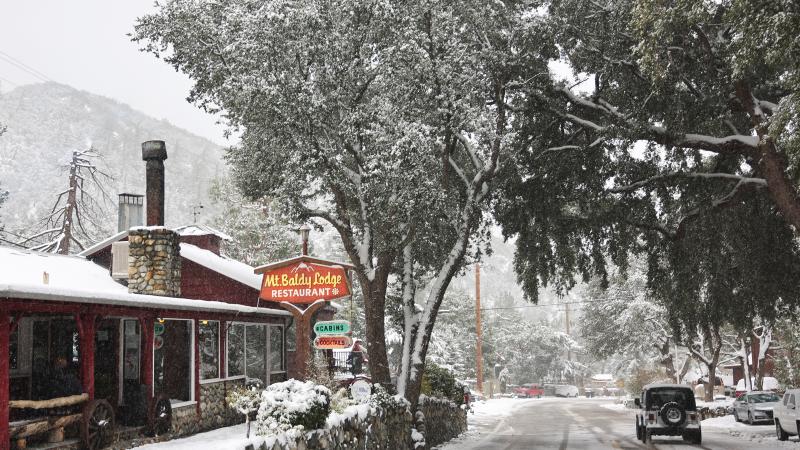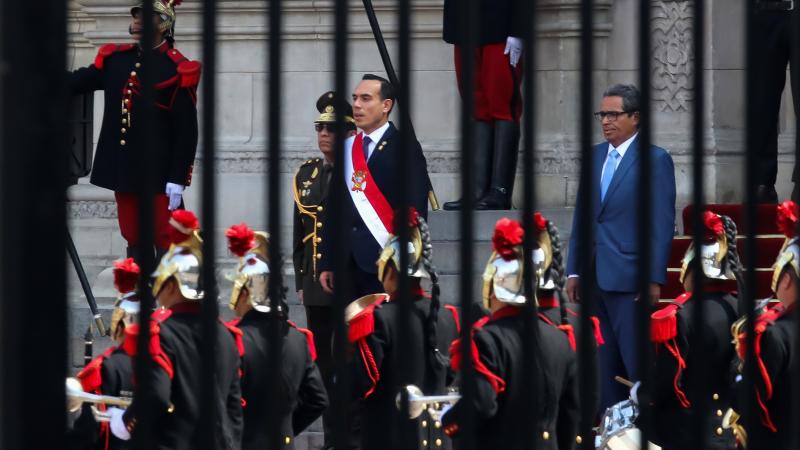Campus free speech surveys deemed 'authoritarianism'
Florida faculty lose bid to block survey in court, but judge lets their lawsuit continue. Wisconsin survey allegedly forced on chancellors to avoid "political fallout."
Asking college students and employees to rate the free speech climate on their campus is so controversial it has prompted at least one lawsuit and the resignation of a chancellor.
A federal judge refused to block Florida from distributing an anonymous online survey under a state law (HB 233) requiring each public university to "conduct an annual assessment of the intellectual freedom and viewpoint diversity at that institution."
The faculty version of the survey, which is voluntary for all, has 24 questions and asks for demographic information including race, gender, political affiliation and academic department, according to a copy obtained by The Chronicle of Higher Education.
It asks faculty specifically if they "inject their own political ideas and beliefs" in the classroom, whether they believe their political beliefs affect their ability to get tenure, and whether their institutions support research and publications across the political spectrum.
Questions on the shorter student survey include whether professors "use class time to express their own social or political beliefs without objectively discussing opposing social or political beliefs," the Tampa Bay Times reported.
Plaintiffs include United Faculty of Florida, which represents 25,000 faculty and 8,000 graduate students, and the March for Our Lives Action Fund, founded by Parkland school shooting activists.
They haven't shown the survey provision "was passed with a discriminatory intent such that this Court would review it as a content-based restriction on speech," U.S. District Judge Mark Walker wrote in an April 1 order intentionally "truncated" to let the plaintiffs appeal.
A day after the survey was distributed, the judge refused to dismiss the lawsuit, however, ruling the plaintiffs had standing for now and raised "at least one cognizable theory" of First Amendment violation.
Walker gave them more time to find evidence that the "facially neutral" language of the law was actually intended to discriminate. The judge had already criticized the state for withholding the survey from the plaintiffs until less than a week before its distribution, according to the Times.
He didn't rule on their challenges to other provisions of the law, which lets students sue their institutions for violating their "expressive rights" and record class lectures "in connection with a complaint."
Before the bill's passage last year, the Foundation for Individual Rights in Education warned the recording provision could worsen cancel culture and especially imperil students, since it also lets faculty sue them for up to $200,000 for sharing unauthorized recordings.
Cosponsor Republican Rep. Spencer Roach told Inside Higher Ed he was surprised how little of the opposition focused on the recording provision. He and other sponsors wanted to gather "empirical data" to verify the "anecdotal reports from constituents going back a number of years" concerning alleged viewpoint discrimination.
The union argues the survey is a political pretext to target academic programs the state's Republican leadership doesn't like and could be used to identify disfavored faculty, particularly minorities.
It told members to boycott the survey, which enables "authoritarianism and surveillance," after Walker refused an injunction. "Many of the survey's questions are leading in nature and imply that there is a problem of viewpoint fairness on our campuses already — this is a conclusion searching for evidence, rather than the other way around," it said.
The survey was open April 4-8, and results are due to the state by Sept. 1. The union claimed April 5, the day of Walker's second ruling, it had already received "multiple reports of students and employees sending the survey to friends and of individuals filling it out multiple times."
United Faculty of Florida Executive Director Candi Churchill did not respond to Just the News requests to distinguish this self-reported campus survey from others intended to measure attitudes and potential problems, such as "campus climate" and sexual victimization surveys, and explain how its boycott won't serve the interests of state Republicans.
Rep. Roach told Inside Higher Ed the representativeness of the respondents is more important than the number who fill out the survey. The Legislature can consult professional analysts to determine "if in fact we've got a large enough sample size to draw any kind of meaningful conclusion from."
The University of Wisconsin System's survey, which went live last week, is limited to undergraduates and remains open for a full month. It said such research is recommended by D.C.'s Bipartisan Policy Center.
The "Student Perceptions of Campus Free Speech Survey" is funded and conducted by two UW entities. It seeks to learn how much students know about and value First Amendment rights, whether they "perceive problems in viewpoint diversity," whether and how they self-censor, and any "formal sanctions or punishment for constitutionally protected expression" they have experienced or witnessed.
Interim Chancellor Jim Henderson of the Whitewater campus resigned in response to the UW System approving the survey.
Henderson's April 4 announcement cited his view that "I cannot make progress" on helping the campus "hire the best chancellor possible who will be here for the long term," which he later explained to the Milwaukee Journal Sentinel as a response to the survey mandate.
Interim President Michael Falbo said he told chancellors he changed his mind about the survey after learning it had been approved by each university's institutional review board, and that approving the survey "regrettably led to a resignation."
That wasn't Falbo's explanation to chancellors, according to Henderson. The president instead "focused more on the political fallout of not doing the survey" — risking funding from the Republican-led Legislature — "rather than the merits of doing it," he said.
The UW System didn't respond to Just the News requests to respond to Henderson's allegations.
The Facts Inside Our Reporter's Notebook
Links
- (HB 233)
- The Chronicle of Higher Education
- Tampa Bay Times
- United Faculty of Florida
- recording provision could worsen cancel culture
- Inside Higher Ed
- It told members to boycott
- The union claimed April 5
- Bipartisan Policy Center
- "Student Perceptions of Campus Free Speech Survey"
- Henderson's April 4 announcement
- Milwaukee Journal Sentinel



